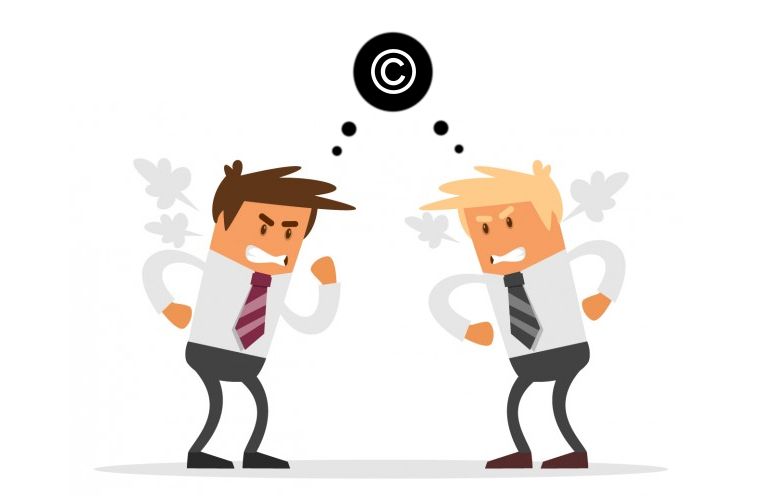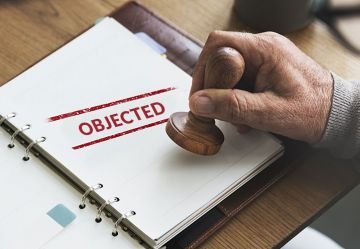Copyright infringement occurs when any person without the authorization of the holder exercises any kind of right given exclusively to the owner of the copyright.
When a person sought copyright for any kind of work he gets the exclusive rights of reproducing, distributing, displaying, protecting and making the adaptations of that work. If any other person undertakes any of these activities without the permission of the author then it is called copyright infringement. However, in case such activities are carried out after the expiration of copyright then it will not be considered as the infringement. Following activities are considered as the infringement of copyright-
• Reproducing the copyrighted work.
• Communicating the work to the public.
• Making derivatives or adaptions of the work.
• Distributing the work
Remedies against the copyright infringement
In case of copyright infringement, the owner of the copyright is empowered to all such remedies by way of injunction, damages and accounts. He has the right to initiate proceedings for the possession of infringing copies and other materials related.
If any person knowingly undertakes the infringement of copyright then such offense is deemed as the criminal offense. That will result in the imprisonment for a minimum period of six months which may extend to three years and with the minimum fine of fifty thousand rupees which may extend up to rupees two lakhs.
Further copyright infringement is a cognizable offense i.e the person who is responsible for copyright infringement can be arrested without issuing any warrant and the investigation could be started without the permission of the court. Further, all the copies of work and plates which amounts to infringement of copyright can be seized without the warrant.






